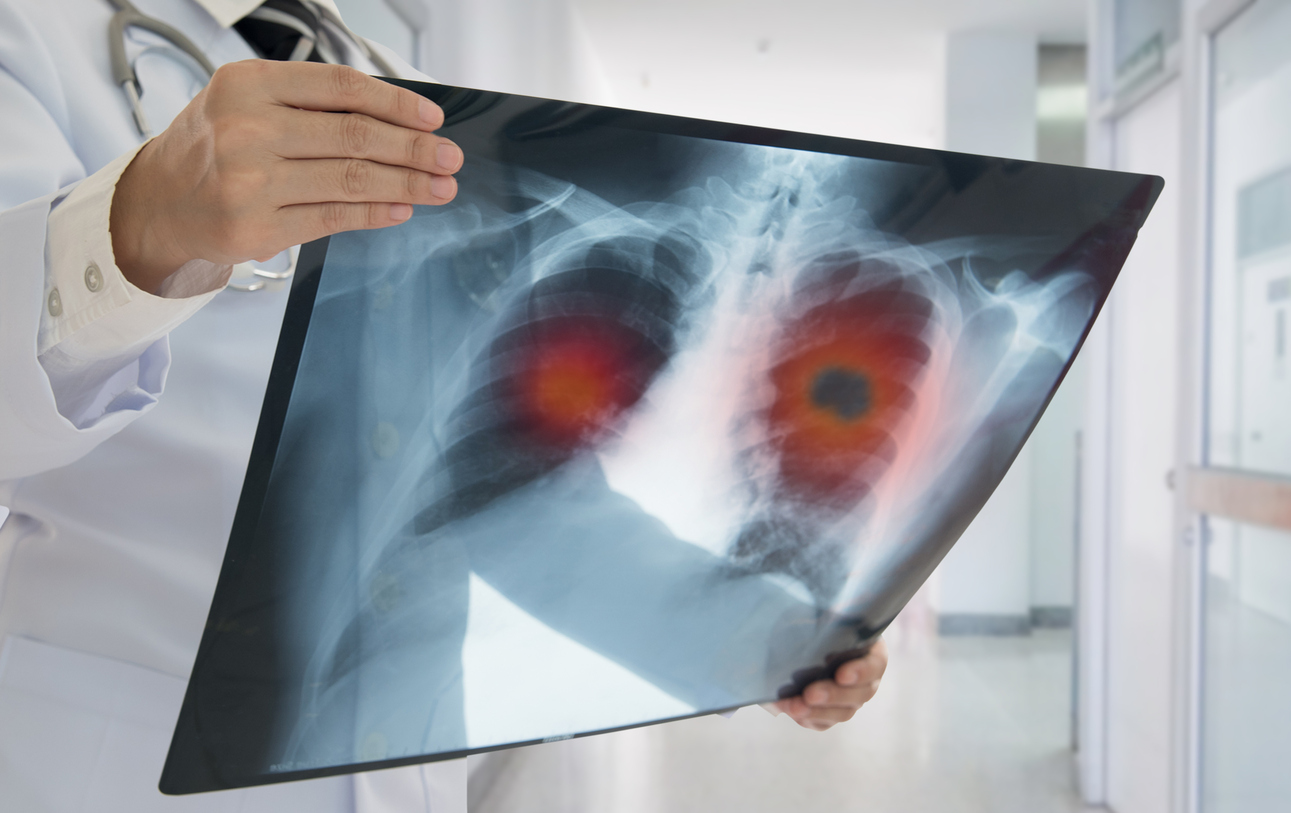ASCO data back AZ/Daiichi Sankyo’s Enhertu in new HER2 cancers

With an FDA approval for HER2-positive breast cancer already in the bag, Daiichi Sankyo and AstraZeneca’s Enhertu now looks like it may be able to add lung, stomach and colorectal cancer to its approved indications.
New mid-stage data reported at the 2020 virtual ASCO meeting suggest that the HER2-targeting antibody-drug conjugate (ADC) can achieve meaningful clinical responses in patients with HER2- positive gastric adenocarcinoma, non-small cell lung cancer (NSCLC), and colorectal cancer who have relapsed after prior therapies.
AZ and Daiichi Sankyo have suggested that one of the keys to unlocking the blockbuster sales potential of Enhertu (trastuzumab deruxtecan) will be to extend its use into other HER2-positive cancers, as well as shifting the drug into earlier use in breast cancer.
The new ASCO data has been positive across the board, putting the two companies on course – at least for now – for what analysts at EvaluatePharma think could be sales of $2 billion by 2024. Other suggest it could reach several billion dollars per year at peak if it also hits the mark in low HER2-expressing tumours.
In NSCLC, Enhertu chalked up a 62% overall response rate in the ongoing DESTINY-Lung01 trial in patients previously treated with chemotherapy and – in around half of cases – immunotherapy with PD-1/PD-L1 checkpoint inhibitors like Merck & Co’s Keytruda (pembrolizumab).
Just over 90% of patients showing control of their disease after treatment with the ADC, meaning they had achieved either a reduction in the size of tumours or no evidence of further growth, and median progression-free survival (PFS) was 14 months.
Around 2-4% of patients with NSCLC have a HER-2 mutation, which drives the spread of the cancer and is associated with a poorer prognosis
Enhertu was recently given breakthrough status from the FDA for HER2-positive NSCLC, as well as in gastric cancer, and data at ASCO gave a further indication of the drug’s potential in the latter tumour type.
The DESTINY-Gastric01 study showed that Enhertu treatment achieved an overall response rate (ORR) of 42.9%, compared to 12.5% with the investigator’s choice of chemo in patients who had failed at least two prior treatments.
The chance of patients still being alive at one year was 51.9% with AZ and Daiichi Sankyo’s drug and 28.9% in the control arm. Around 20% of gastric cancer are HER2-positive.
The results are all the more impressive as Roche’s HER2-targeting ADC Kadcyla (trastuzumab emtansine) wasn’t able to improve on chemo as a second line therapy for gastric cancer patients in the GATSBY trial.
Rounding out the trio, the DESTINY-CRC01 trial showed 45.3% of patients with HER2-positive colorectal cancer had a tumour response, with a disease control rate of 83% and PFS of 6.9 months. Between 2% and 5% of all colorectal cancers express HER2, according to AZ.
AZ’s $6.9 billion deal for Enhertu was the biggest licensing agreement of 2019 with a massive $1.3 billion upfront fee, so the company will need Enhertu to fulfil its potential to get a return on what could be a sizeable investment if the drug meets milestone objectives.











